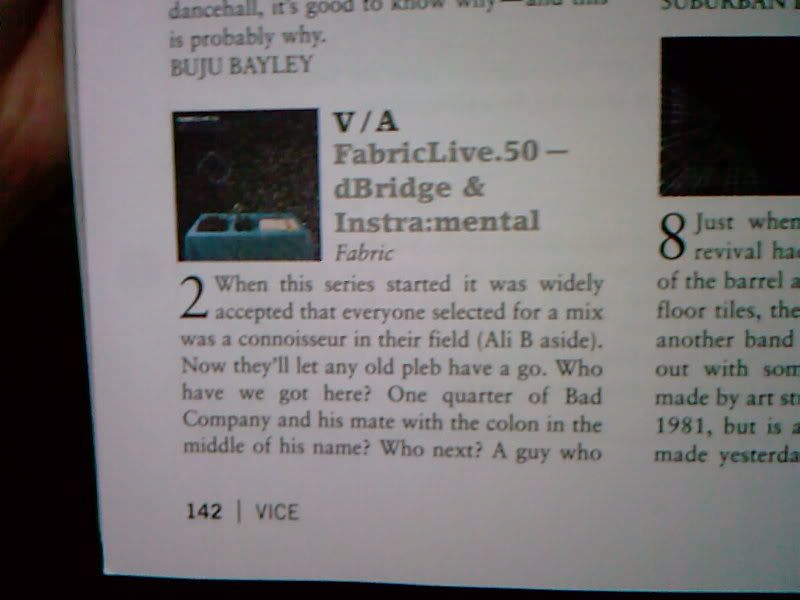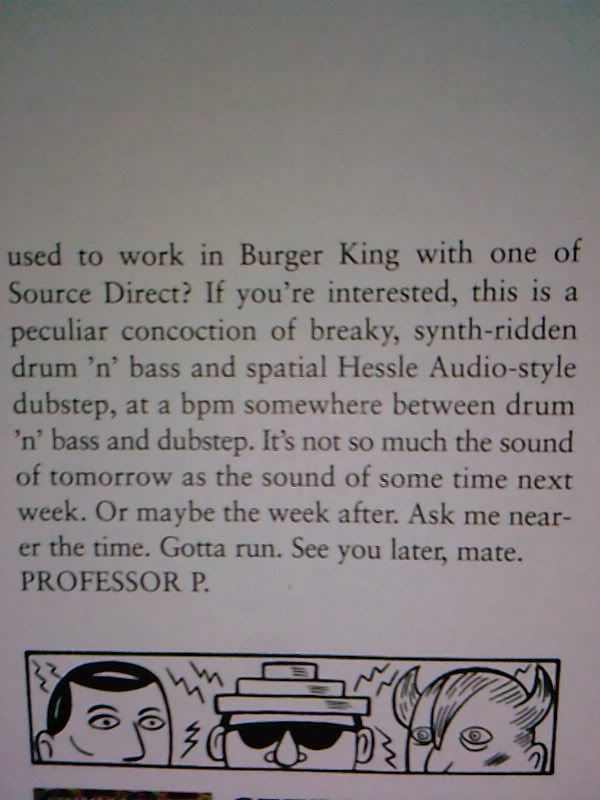Definitely true with films. When a super blockbuster comes out it is hyped and trailed for aaages in advance with merchandising and all kinds of tie-ins, it's Conan that covers the buses and advertising hoardings at the moment but it could be anything. It can get slated in every credible (whatever that means) publication going but millions will still go and see it - and probably leave feeling slightly disappointed though unsure why. There's obviously too much money involved to risk letting anything prevent this happening.
I think this is an important point, Rich. The (undoubtedly true) inference is that most people don't read reviews or do research or seek to obtain any other views, 'expert' or otherwise, before parting with their cash. Was it ever thus? Sadly, I think it was to some extent. I tend to fall back on videogames as an example, but there were about two million Playstation 2s in the UK in the machine's prime years. The Official Playstation 2 Magazine (a prime offender in giving things an uncritical, easy ride, but that's another point), had a circulation, I believe, of about 200,000. So that's just 10% of owners who are actively seeking information or guidance as to what to buy (and not getting good advice, but again, I'll leave that for now). My point, then, is that even allowing for other magazines and websites, comfortably more than 50% of people sought no further information and simply bought the games with the biggest advertising spend or the recognisable brand name on the box, or even just the ones they liked the sleeve art of, which, although it can occasionally pay dividends (I'll buy records from charity shops with cool sleeves for 50p) seems like madness with games costing £30 upwards. It's the same with films, plainly. I've definitely heard people at cinemas debating what film to watch and going solely by which actors appear, whether it's in a series they are familiar with, or if they've seen it advertised.
Are these people stupid for not reading reviews? Not necessarily. Or, rather, in absolute terms they probably are, yes, but are they unhappy with their choices? My guess is 'no'. If you've only ever seen blockbusters, or played Need For Speed, or read Dan Brown (for examples), and you enjoyed them, then you're unlikely to take notice of negative reviews anyway (or read the publications that give them), and the positive reviews ('4 Stars' - Baz Bamigboye, The Mail; '4 Stars' - Alex Zane, The Sun (sorry, more brackets, but how the hecking fuck did Zane get to be a film critic? Being a cunt to innocent people on Balls Of Steel and having a modern haircut is all you need these days, is it? Bicycling Christ...)) don't need to be read because they're already on the film poster, or book jacket (big stickers on the front of paperbacks, ugh) or whatever. If you've only got a narrow strata of experience in a given medium, you're much less likely to find fault - and as Rich says, even if you do "leave feeling slightly disappointed though unsure why", it must be difficult to pinpoint why you're disappointed, and so the same mistakes are made again.
That's why I like reviews, and why good reviews are important. I don't like wasting money and haven't the time to try everything out on the off chance I might enjoy it. The good reviewer (or reviews section, if all the writers are on point) is like the rich kid who's your best mate, who has the time and money to try everything, and tell you if that album starts well but tails off, or if that film is actually great, even if the director's last one was an abomination, or if that game looks lovely and plays well but spends all its time loading from disk, or whatever. Things you couldn't get just from the trailer or playing a demo or reading the plot synopsis on the inner jacket.


